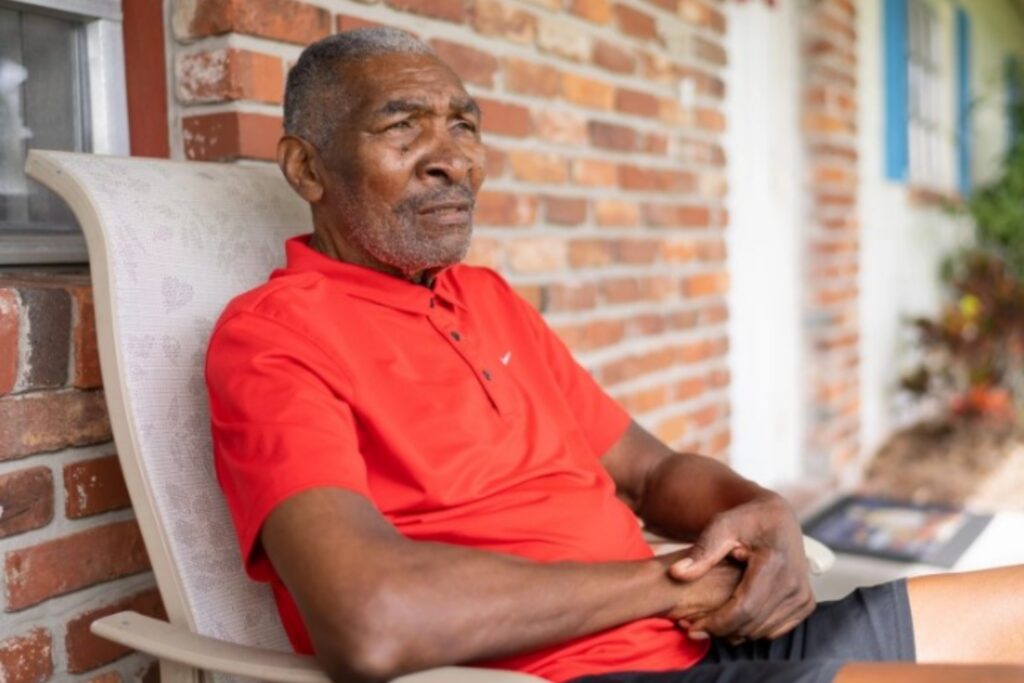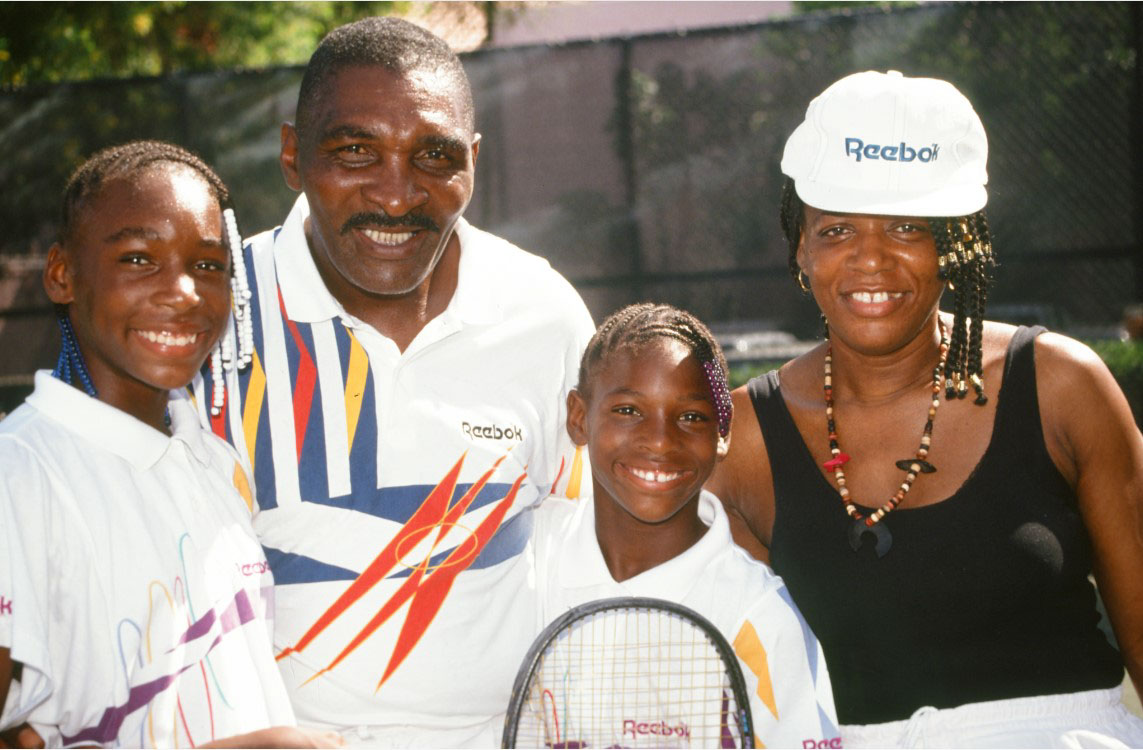How Richard Williams made sure history would remember his daughters’ names
This interview was written as a part of a graded assignment for a Fashion Journalism course conducted by Ms. Sathya Saran.
Richard Williams is a man of gravitas. That is the thought that first comes to my mind as he sits down opposite me. Over the years, he has developed a slight stoop, but his larger than life persona and lisp has stayed with him.
“My race made me want to be stronger, and it made me want to give my daughters a future that was very different from the life I had lived. I selected tennis because it is considered a white man’s elitist game.”, says the man who grew up in a world where segregation and the violence resulting from it was still real and ever-present.
But tennis is considered an aristocratic sport for a reason. “You need to train, you need equipment, a place to practice, and partners to play with.”, remarks Williams. “But my goal was for my daughters to find their place in society, whether they were tennis stars or involved in any other field.”
Did Richard Williams’ experiences with bigotry turn him into a bigot himself? “We all had to push ourselves. It was hard for my daughters, for me, for the family – I was working two jobs training them.”, he continues. “But if you are black and poor, it doesn’t matter where you are from in the USA.”

This relentlessness has often been questioned by the media, but Williams brushes it off, saying, “My daughters careers speak for themselves.” But this raises the question of what sort of role he played as a parent in Venus and Serena’s lives. “I spoke to them often, my wife spoke to them often, we told them why they were being pushed and where they could be. Today they stand out as international sports stars, nobody can question their race and their background.”
The representation of coloured people in tennis has increased exponentially since, and Richard Williams’ appetite for greatness has made it possible. “Talent could be inborn, but unless you are a genius, it will die without being nurtured. I think talent, whatever talent – people have many talents and many of them die. They need to be nurtured. And with whatever talent my daughters had, I was going to make it work.”

